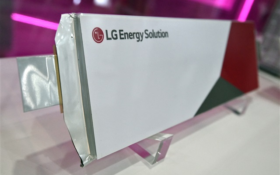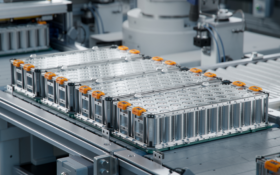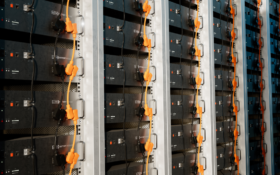The U.S. Department of Energy (DOE) has announced up to $45 million in funding to support the domestic development of faster charging and longer lasting advanced batteries for electric vehicles.
Funding will come through DOE’s Advanced Research Projects Agency-Energy (ARPA-E) and aid in US president Joe Biden’s goal of having EVs make up half of all vehicles sales in the United States in 2030.
DoE is set to launch the Electric Vehicles for American Low-Carbon Living (EVs4ALL) program to develop more affordable, convenient, efficient and resilient batteries.
The ARPA-E EVs4ALL funding opportunity aims to address the following concerns and increase domestic EV adoption by eliminating key detractors for consumers:
Faster charging: batteries capable of safe, rapid charging for motorists unable to charge cars at home for long periods of time. This will decrease the amount of time drivers spend at charging stations to as low as five minutes, while ensuring increased costs savings during each charge.
Increasing efficiency: develop batteries that can withstand much colder temperatures to ensure batteries can power vehicles in the coldest parts of the US as well as motivating broader adoption amongst drivers who live in those regions.
Improving resilience: alleviate range anxiety by improving battery resilience to allow EVs to travel longer distances between charges and have better overall total life mileage. This is particularly important for the two-thirds of Americans who prefer the more economical option of purchasing used vehicles rather than leasing or buying new cars.
In addition to unveiling the EVs4ALL program, the DOE announced earlier this month a $3.1 billion in funding to boost production of advanced batteries.
DOE also announced a separate $60 million to support second-life applications for batteries once used to power electric vehicles, as well as new processes for recycling materials back into the battery supply chain.











